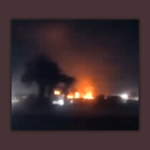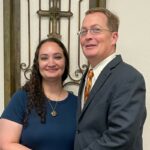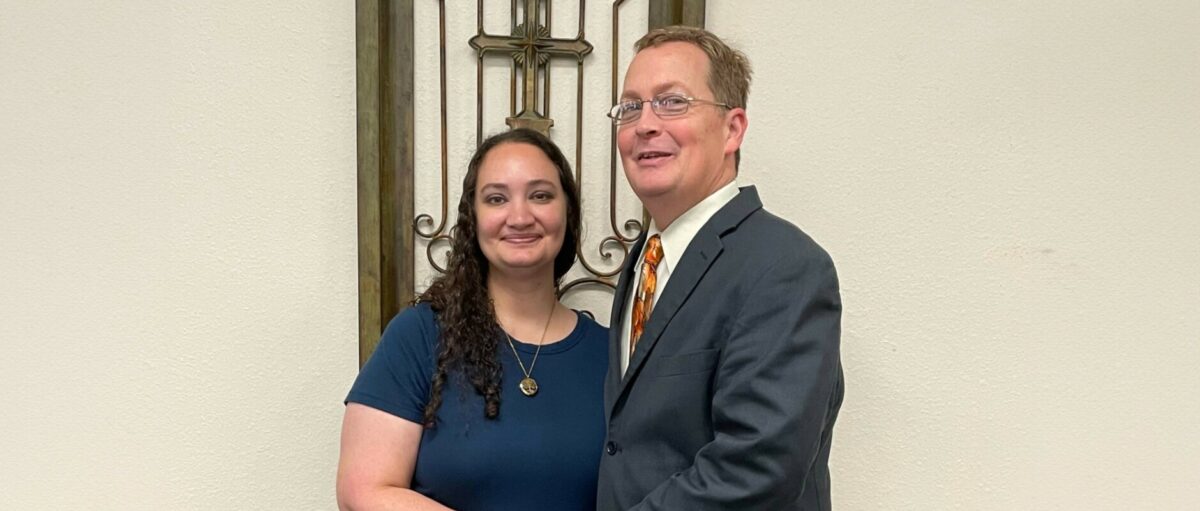PERSONAL
Jeremiah 7:1–15
One of the key phrases in the book of Jeremiah is the recurring terminology “the Word of the Lord came to me” or “the Word of the Lord came to the prophet Jeremiah.” Perhaps the phraseology “the Word of the Lord” is so important within the book because God called Jeremiah to prophesy the unpopular message about the destruction of the nation and the temple.
Listen (1–2)
God commanded Jeremiah to stand in the gate of the Jewish temple and preach a sermon. The worshippers were not accustomed to a preacher demanding to be heard as the worshippers entered the temple. Worship apparently had become nothing more than a mere formality. As the prophet preached, he focused on the contradiction between the profession of the worshippers and the reality of the sin of the people who failed to unite worship with daily ethical practices. The Hebrews united pagan worship rituals with the worship patterns from God’s Word.
Correct (3–8)
Jeremiah proclaimed the message of God commanding the people to a repentance evidenced by action. First, God commanded the people to correct their ways and actions. Second, God promised that He would let the people continue to live in the promised land. Rather than trusting God, the people trusted the false messages chanted by false teachers.
In later messages, God described the alternative if people did not repent. Two options were possible. The people would choose to be handed over to the king of Babylon to be deported and killed by the sword (20:4) or, if God’s people repented, they would continue to live in the land.
Insincere worship produced lifestyles that did not honor God. Notice the detailed description of the sins of the people that made a mockery of their worship: oppression of resident aliens, orphans and widows; shedding blood in the place of worship; worshipping other gods; and bringing harm on themselves.
God commanded the people to change their ways. Correct practice is more honoring to God than perfunctory worship. Verses 5–6 describe the mistreatment of people who lived on the margins of society: orphans, resident aliens (people from other lands who associated with the Israelites) and widows. The gift of the land was conditional. If you act justly toward one another, “then I will allow you to live in this place.” Jeremiah has a word for us. Our treatment of others is a barometer of our relationship to God.
Stop (9–11)
God commanded His people to stop behavior prohibited by the law. The people thought they were safe if they were faithful to participate in the prescribed worship practices, but the temple had become a den of robbers. A robber’s den is the place where criminals hide after their crimes. The sinners of Jeremiah’s day believed all was right in a relationship with God if they worshipped at the right time and in the right place.
Repeated (12–15)
Shiloh means “tranquil.” Historically, the worship center at Shiloh was not a tranquil place. Several atrocities occurred at this location.
Men from the tribe of Benjamin forcibly took women from Shiloh as wives (Judg. 21). Also, an Israelite army thought that if they could move the ark of the covenant from Shiloh to the battlefield, the religious shrine would ensure victory (1 Sam. 4).
By Mark Rathel
Professor at the Baptist College of Florida in Graceville, Florida








